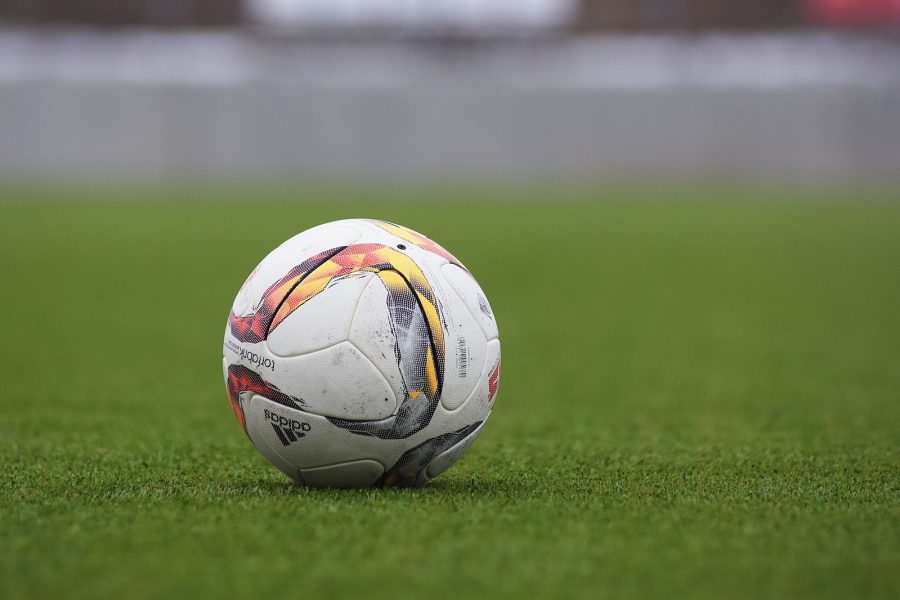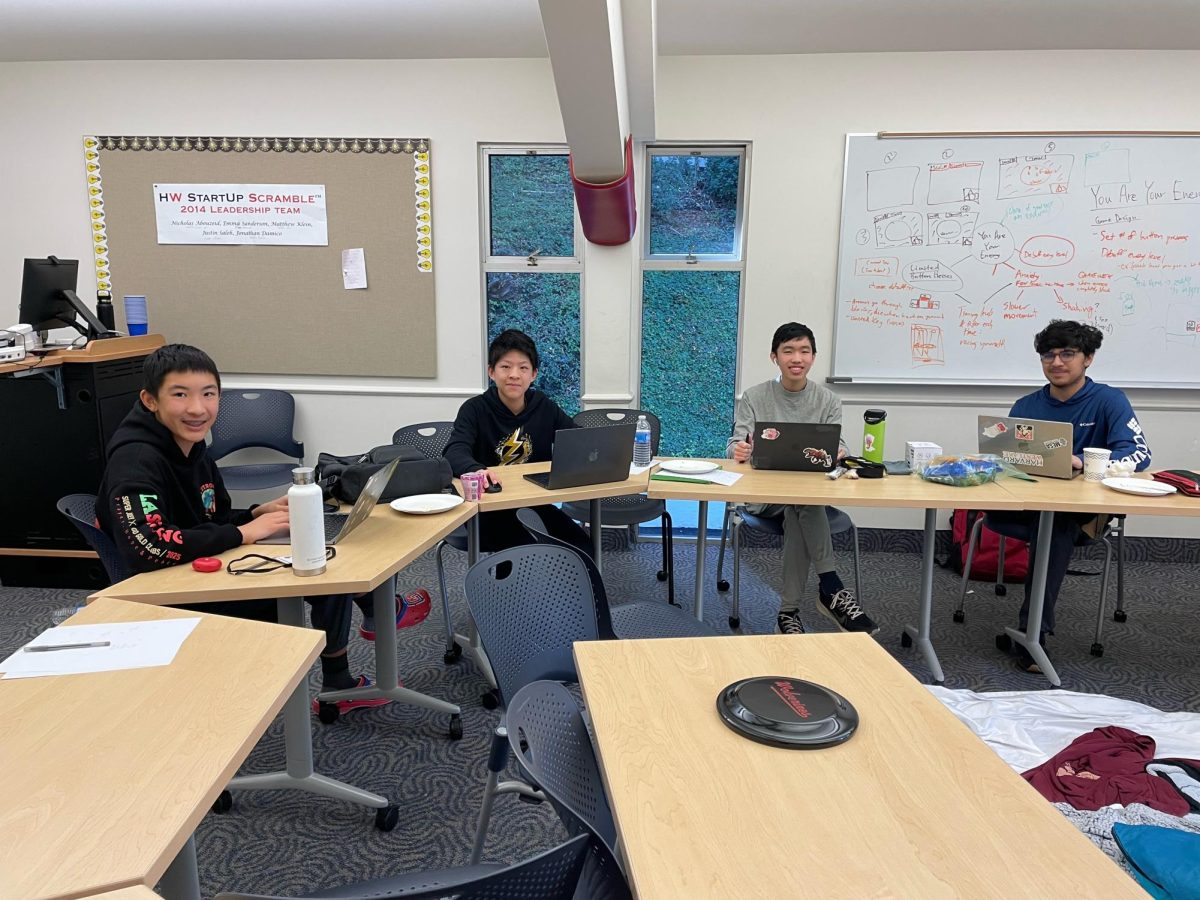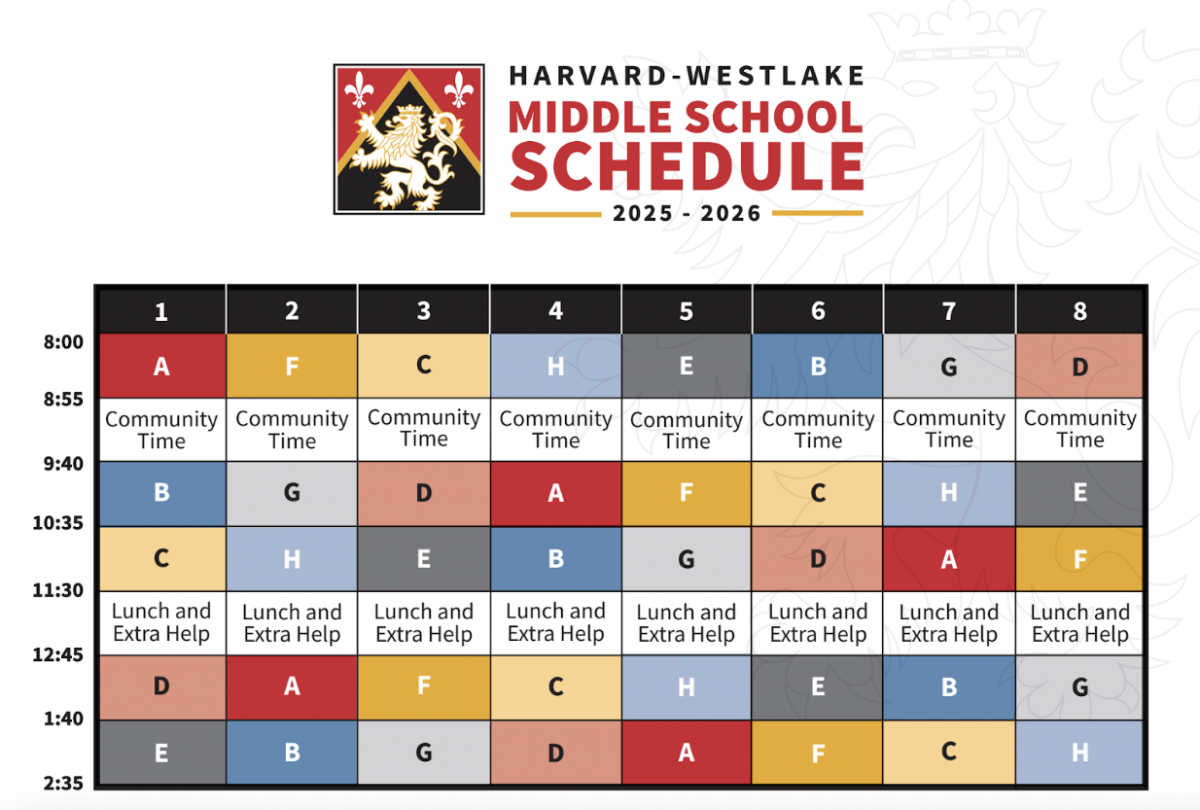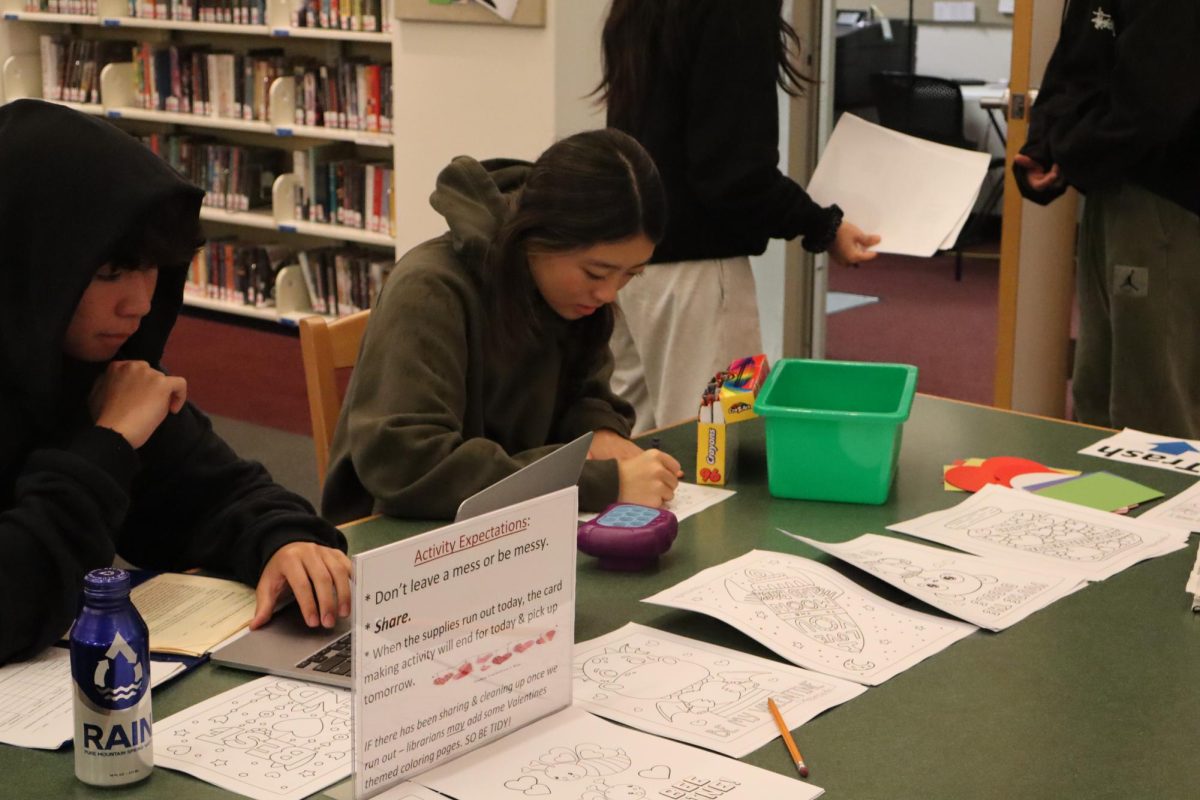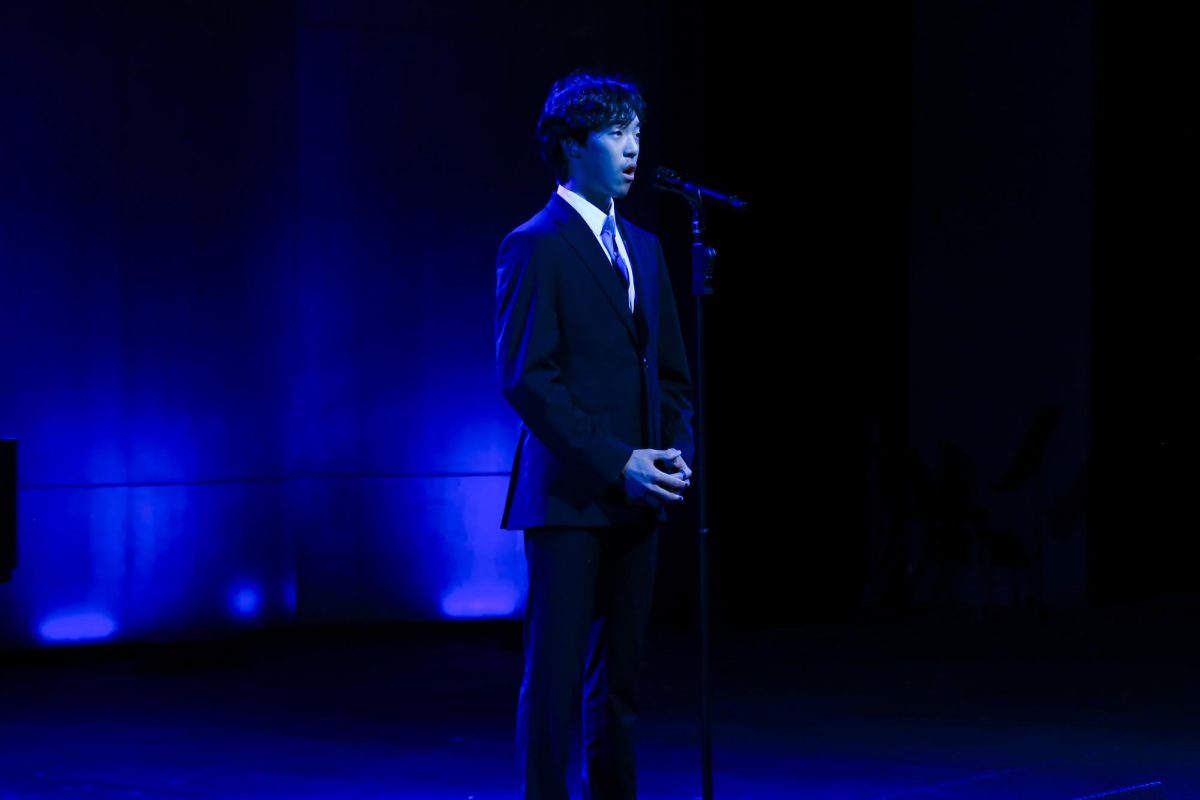The spread of COVID-19 has forced numerous programs and activities to be shut down throughout California. However, as we have been learning more and more about the deadly virus, some of these programs have begun to partially resume. Among them is youth soccer, where many players, parents and coaches are eager to continue training.
According to CNN, the Desert Super Cup was held in Phoenix, Arizona over Thanksgiving weekend. The controversial tournament held in the midst of a global pandemic sparked a wide range of responses. Phoenix City Council member Sal DiCiccio Tweeted, “Absolutely fantastic news. The 800 kid soccer tournament will still be held in Phoenix this coming weekend. They are coming here because they had been banned everywhere else and we have amazing facilities. We welcome you and your families to our great city!” DiCiccio’s tweet represents the excitement felt by people all over the country; the long awaited return to normalcy.
Nevertheless, many others feel that we are not yet ready for certain, large-scale events to return. “I am gravely concerned about COVID-19 in our community. With infections now at the second highest daily number ever, it is clear the status quo is not working,”Mayor Kate Gallego of Phoenix said, according to CNN. “We all need to be aware that the public health situation has changed dramatically in the last few weeks.”
Both sides feel very strongly about the activities and implications of the Desert Super Cup tournament. According to the New York Post, Will Humble, the executive director of the Arizona Public Health Association said, “It’s incredibly bad timing. I can’t think of a worse time to do something like this. What’s so foolish about this is that we are now in exponential growth of the virus.” Regardless of the complaints, the tournament was held.
However, according to the Wall Street Journal,, the city council of Phoenix held a virtual meeting Dec. 2 in which they decided that all organized sports events held on the city fields would be canceled until levels of the virus could be lowered.
At the beginning of the pandemic in March, Conejo Valley United (CVU), the soccer club that I play with, moved practices to a virtual setting. We would use Zoom for the duration of our normal practices, working on individual ball work and maintaining fitness. These virtual practices continued well into June and July. Then, with cases starting to decrease in number in August, my team resumed in-person training sessions with no tournaments, games, scrimmages, or contact at all.
Along with many other sports, professional soccer has resumed its tournaments and games, with additional safety precautions. In the MLS (Major Soccer League) and NWSL (National Women’s Soccer League), tests are distributed to players and coaches whenever possible, and games have limited or zero fans present.
At Harvard-Westlake (HW), Coach Richard Simms, the head coach of the girls soccer program, explained that with COVID-19 cases rising, the HW girls soccer program is unable to make definitive plans regarding the 2020-2021 season. At the middle school (seventh and eighth graders), players should (hopefully) expect a return sometime in the spring. “If there is going to be a season, I would think all of the field sports would be playing at the same time, which would make practice really difficult because of facilities [required],” Simms said.
In the high school soccer program, Simms illustrates that the earliest practices might be able to resume would be late January or early February, with the first official game possibly at the end of February. Simms added: “We would look to play probably something like once a week rather than the two to three times a week that we traditionally played (that goes for junior varsity and varsity).” The season would potentially be culminated with playoff games for the varsity team in March and April.
While other sports like football and basketball have come back to socially distanced practices at HW, soccer has not yet returned. “At first, the school did not like the idea of kids going to club practices and Harvard Westlake practices, and having different cohorts that they were a part of. As that’s evolved, we’ve had a lot of kids that are traveling out of state to play club soccer tournaments, so that became more of an issue than the practices,” Simms said. “It just hasn’t made sense to rush back.”
COVID-19 has presented itself with numerous challenges, and massive obstacles for everyone to overcome. Youth sports players from all over the world have been experiencing an unusual break from the sports and activities which they loved so much. However, Simms expressed that this might not be such a bad thing after all. Students with injuries were given the chance to take a physical break to recover, so when sports return, they might be fully healed.
Also, this extended break has been very beneficial mentally. Players who had been participating in a lot of their sport might return to practices with a newfound appreciation for the game, and in turn might put in more effort during practices, games, or tournaments. In other words, players at practices will want to be there.
